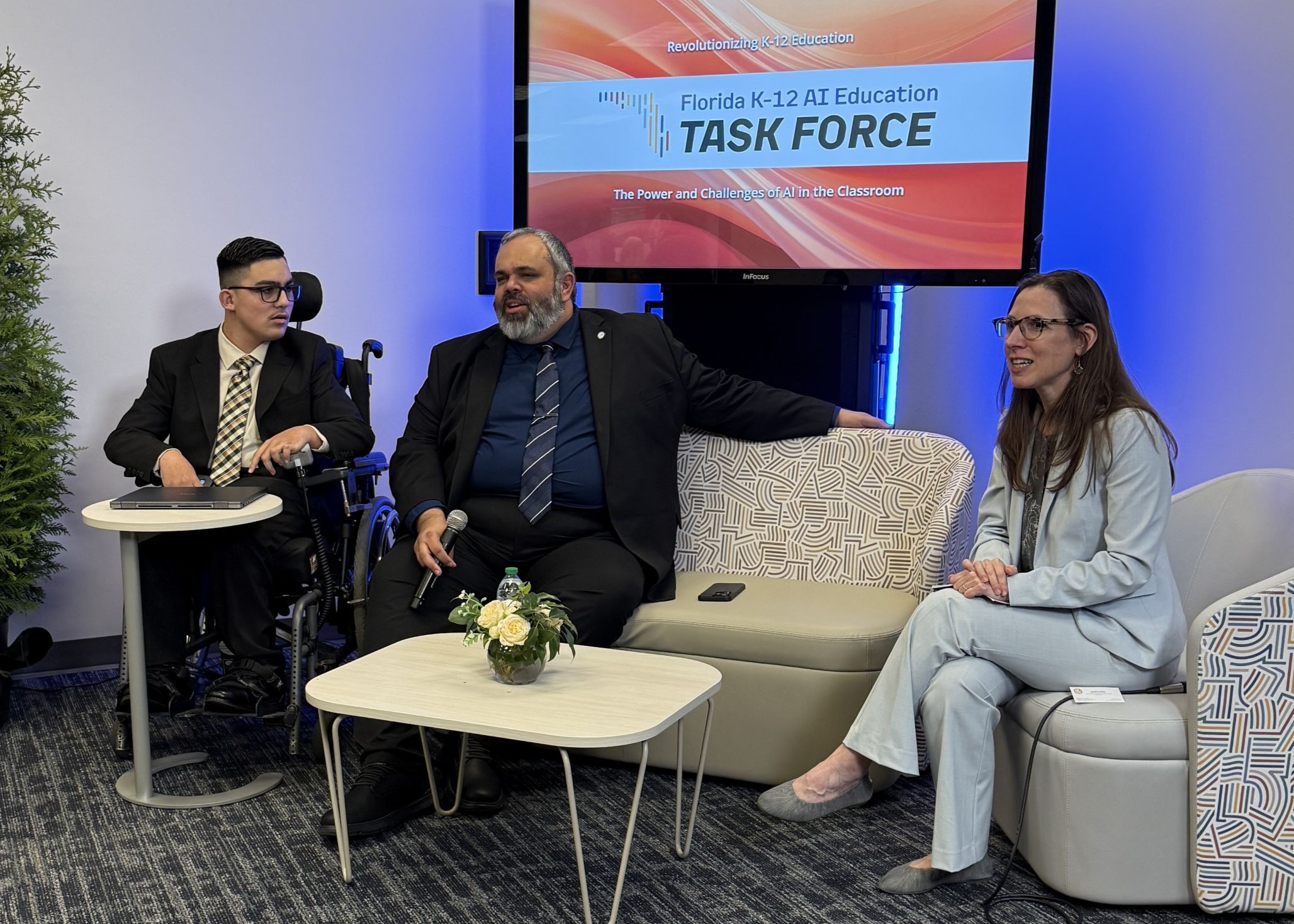Making a significant impact in the realm of computer science education, CS Everyone recently gathered in Cleveland, Ohio, to share their latest research at the Computer Science Teacher’s Association (CSTA) annual conference. Center Director, Dr. Maya Israel, started the week with a keynote talk on July 9, 2025, entitled, “Bridging Theory and Practice: Innovative CS Education Strategies.” She also shared research and practice on several other presentations including, mini-sessions called, “Pedagogical Approaches for Including All Learners in CS Ed,” and “The Future of Computer Science Education in an Age of AI,” and a workshop with doctoral student, Adam Bernstein, “UDL4CS: Strategies for Including Learners with Disabilities.” Adam Bernstein said “I had the most amazing week attending the CSTA conference in. This was my first conference as a PhD student and CS teacher. The sessions I was able to attend were insightful and collaborative to ensure students are successful in CS. The Exhibit hall featured amazing work from industry that are helping to support all students in CSed.”
Doctoral student Gina Fugate and post-doctoral associate Dr. Alexis Cobo (not in attendance), participated in a poster session, “From Awareness to Action: Teaching Accessibility and Inclusion as Core CS Competencies.” This session was an essential opportunity for CSTA attendees to align classroom practices with upcoming national legislation and current state regulations, while ensuring that their teaching is accessible, equitable, and inclusive for every learner. This proactive presentation shared key sources that emphasize accessibility and usability, along with broader equity considerations like socioeconomic factors that impact students’ access to resources.


